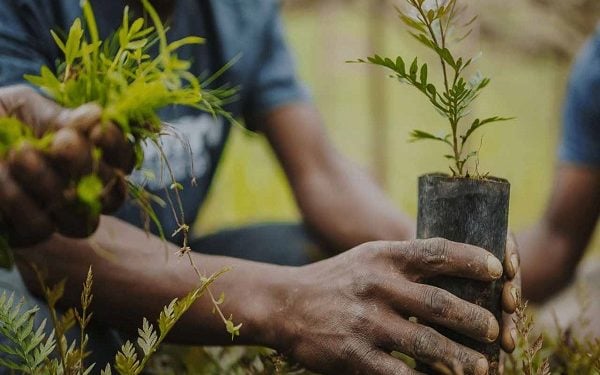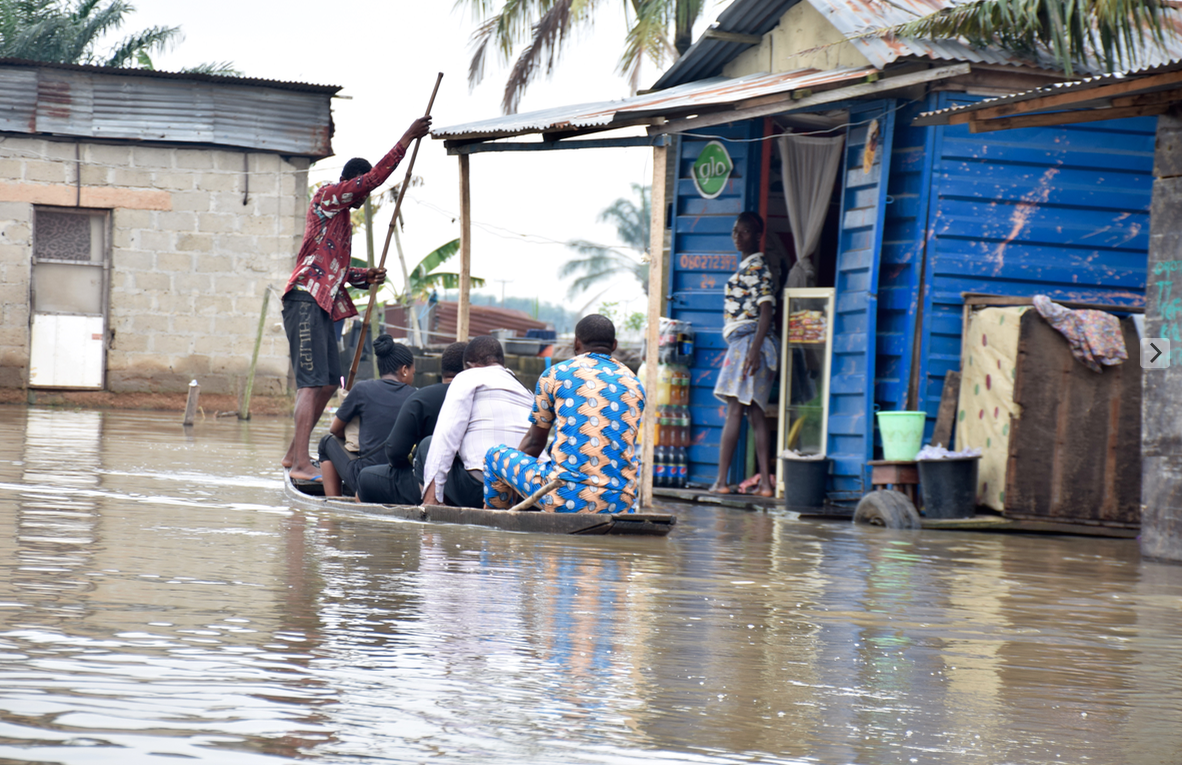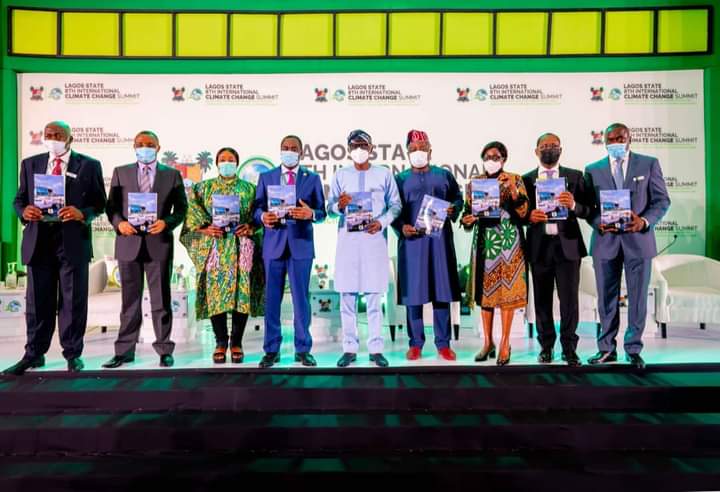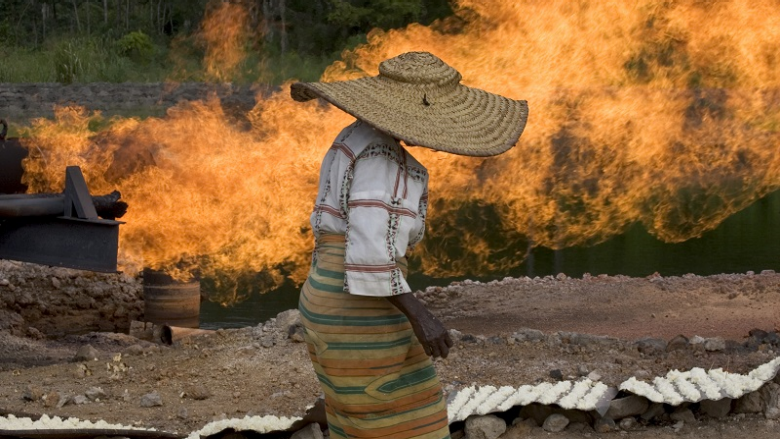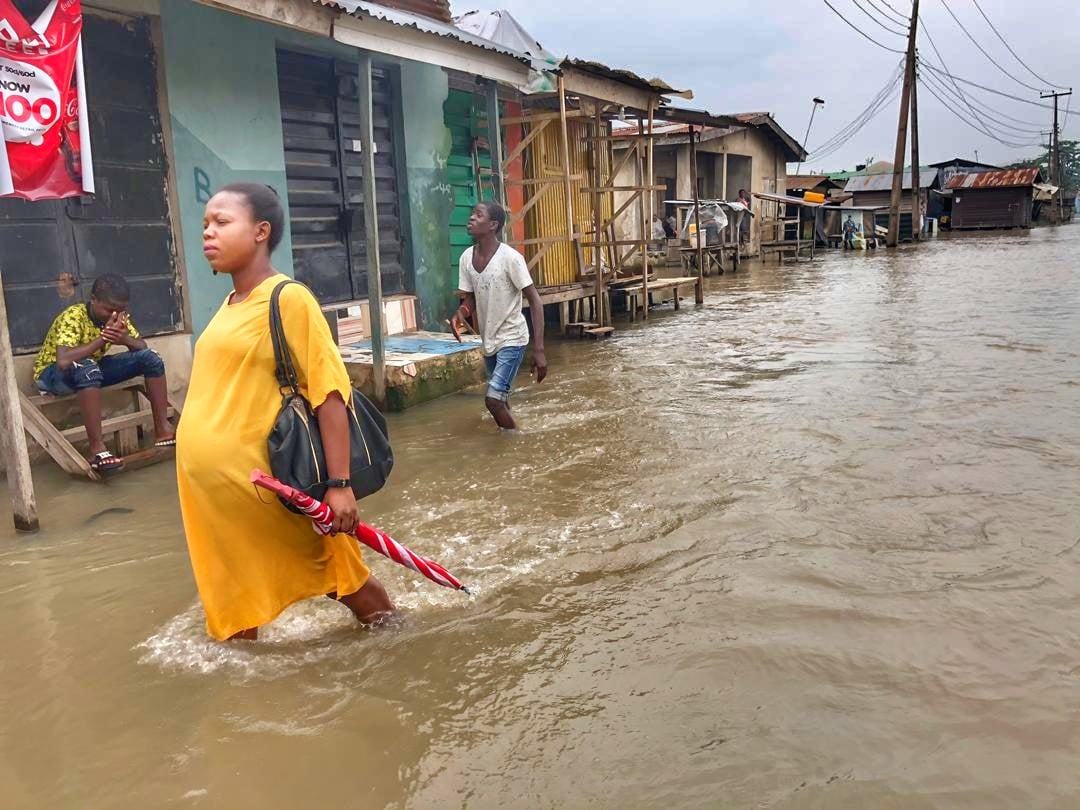A file picture of a tree planting exercise
Despite directly impacting our communities, health and livelihood, climate-related reports usually take a back seat to dominant news beats like politics and business. Climate Watch aims to ensure you never miss important stories on climate change and actions being taken towards limiting its impact.
Here is a round-up of last week’s climate stories:
- Last week was Environment Week! Several environmentalists and organisations lent their voices to the call for the restoration of the ecosystem. Antonio Guterres, United Nations secretary-general, while delivering a speech on May 5, said the global community could generate up to $7 trillion yearly if they restore the ecosystem by cleaning up rivers and “regreening cities”. Guterres said this year’s World Environment Day marks the start of a new decade and it is time for humans to stop undermining the environment and make peace with nature. To read more of what Guterres had to say, click here.
- The federal government prioritised women in its revised nationally determined contribution (NDC). According to Mohammad Mahmood, minister of environment, women are more affected by climate change, and this is why the updated NDC for Nigeria included women in many aspects of climate projects execution. The minister said it became necessary to update the NDC because of the severe impact of climate change on Nigerians in recent times. To find out more about what is contained in the NDCs, click here.
Advertisement
- In commemoration of World Environment Day, the Trade Union Congress (TUC) called on the Lagos state government to discourage people from building houses in areas prone to flooding. The council said over 87 percent of vacant wetlands in Lagos metropolis had been converted to high-density, unplanned residential housing spaces, thus harming the environment and putting lives at risk. They also asked the state government to take action on other environmental issues affecting the city. You can read more on the story here.
- A group of environmental experts said the world, Africa in particular, should look towards dryland restoration to help slow down climate change. The experts came together under the Global Landscape Forum conference. Inger Anderson, UN under-secretary-general, said the world is in the “middle of a triple planetary crisis – climate crisis, biodiversity and nature crisis and the pollution crisis — and drylands need to be high on the ecosystem restoration agenda because they hold a third of the world’s biodiversity hotspot, half of the world’s livestock, produce 44 percent of crops, and are home to 40 percent of the world’s population”. Read here for more on the benefits of drylands.
- In a bid to protect and restore the environment, Kaduna state has set out to plant 1.2 million trees this year. Ibrahim Husseini, Kaduna commissioner for environment and natural resources, said adequate tree planting is needed to restore biodiversity — the variety of plant and animal species in the environment – and to tackle climate change. Also, Godwin Emefiele, governor of the Central Bank of Nigeria (CBN), joined the train of tree planters. He advised banks to adopt sustainable principles when lending money, especially to customers whose activities pollute the environment. Read here to know what banks need to do going forward.
Advertisement
- Nigerians can begin to expect remedies for the adverse effects of climate change. Mohammad Abubakar, minister of environment, said the federal government is developing a framework that will help Nigerians adapt to the impact of climate change. At a conference organised by GreenHubAFrica, the minister said the intended framework will use natural solutions as part of the adaptation strategy for climate change. Read here to find out what the natural solutions are. You can also read here to see how another Nigerian minister proposes the use of floodwater for the generation of electricity.
Add a comment
